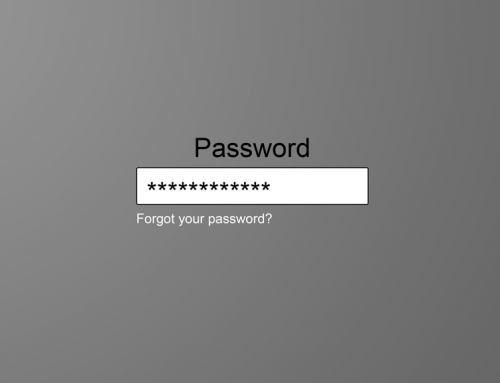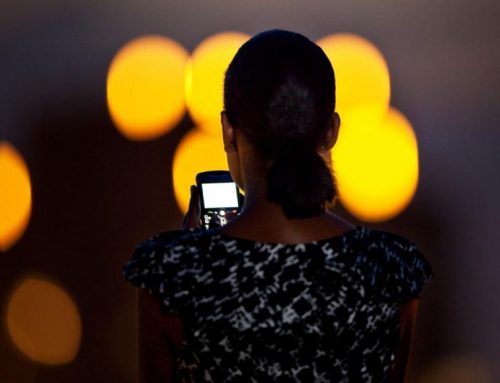
I have always taken for granted that a cyber war is possible, so I was surprised to see prominent Washington officials downplay the possibility. The fact that it hasn’t happened is simply not adequate justification that it will not happen. The video discusses Operation Eligible Receiver, a test which was designed to reveal the vulnerabilities of the Pentagon to cyber warfare. While they did not get specific about the results of that exercise, they did say the Pentagon ordered significant security upgrades upon its completion.
Other exercises the video discussed show the critical infrastructure of the US—power grid, transportation, emergency response, water supply, banking system—to be vulnerable to cyber attack. Clarke reminded us, “We depend upon the Internet and we know it’s not secure.” In fact, one of the hackers (name withheld) said that incapacitating just three network operation centers (NOC) would disable the Internet in the US for a significant period of time.
Perhaps what is most alarming about all of this is the reality that we don’t really know what the enemy is capable of. We won’t know how good our defenses are until the moment of truth arrives. Clarke averred, “The really sophisticated attacks are those that are not detected.” If attacks are being made that cannot be detected, then the security is already inadequate. So the question now is if the loss of critical infrastructure is a real possibility, why isn’t more being done to address the issue? Clarke was the last to speak on the video, and he asked the same question: “How do we get ahead of the problem to avoid the big disaster?”
The truth is we are already in a war. The enemy is anyone who writes a virus and distributes it, anyone who plans and launches a denial of service attack, or anyone who severs a cable on the backbone. If we are waiting for a truck bomb to take out a NOC before we acknowledge Internet security is a real issue, then we are losing the war. Louis L’Amour once wrote, “A victory is not won in miles but in inches. Win a little, hold your ground, and later win a little more.” Is this not what is happening? The video discussed how the enemy—which could really be anyone—is carefully feeling out our defenses, discovering what weaknesses there may be so exploitation can be plotted.
The responsibility for defense lies with us all. We’re all connected, after all, and like a chain we’re only as strong as the weakest link. We need to be better educated about security, as a Network World article discusses. We need to make sure we are aware of and apply the latest security technologies, patches, and policies. We cannot be sure our defenses will stop every attempt to compromise our security, but we can be sure that if we do not stay on the cutting edge of security we will not have a chance, because we can be certain the enemy will be on the cutting edge with their attacks.
Additional Resources/Information
US House Asks for Investigation into Hackings
DDoS attacks, network hacks rampant in oil and gas industry, other infrastructure sectors
Leading voice encryption programs hacked in minutes
Full Nelson: The Growing Threat Of Cyberwarfare
Sophos Security Threat Report: 2010
In the Crossfire: Critical Infrastructure in the Age of Cyber War
U.S. ‘Severely Threatened’ By Cyber Attacks (added 3 Feb 10)
Government and infrastructure tops hacking league (added 17 Feb 10)




